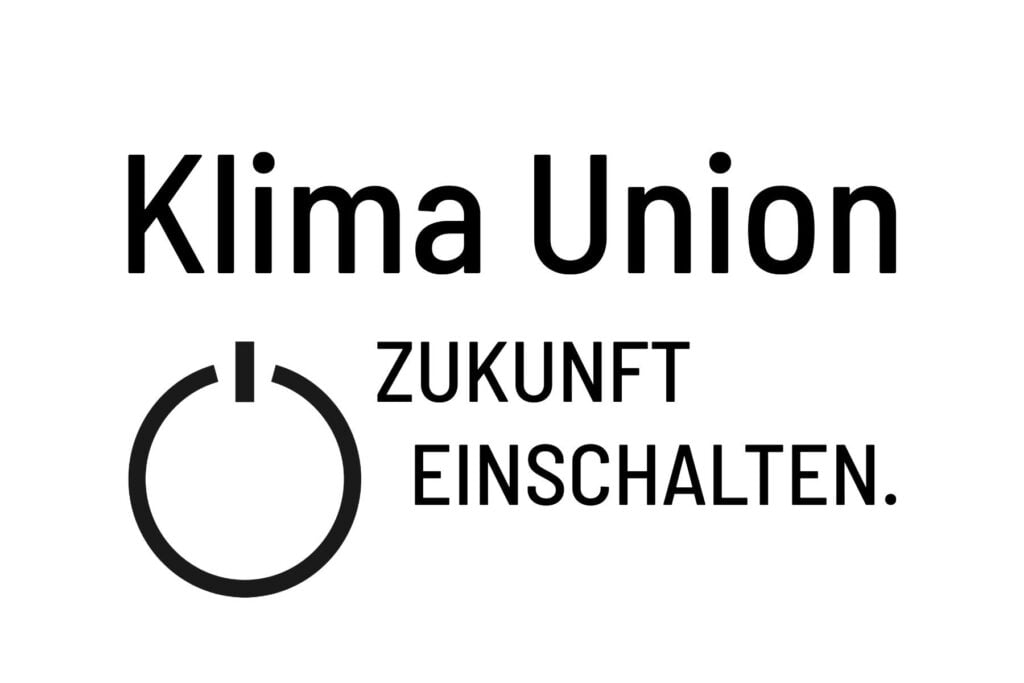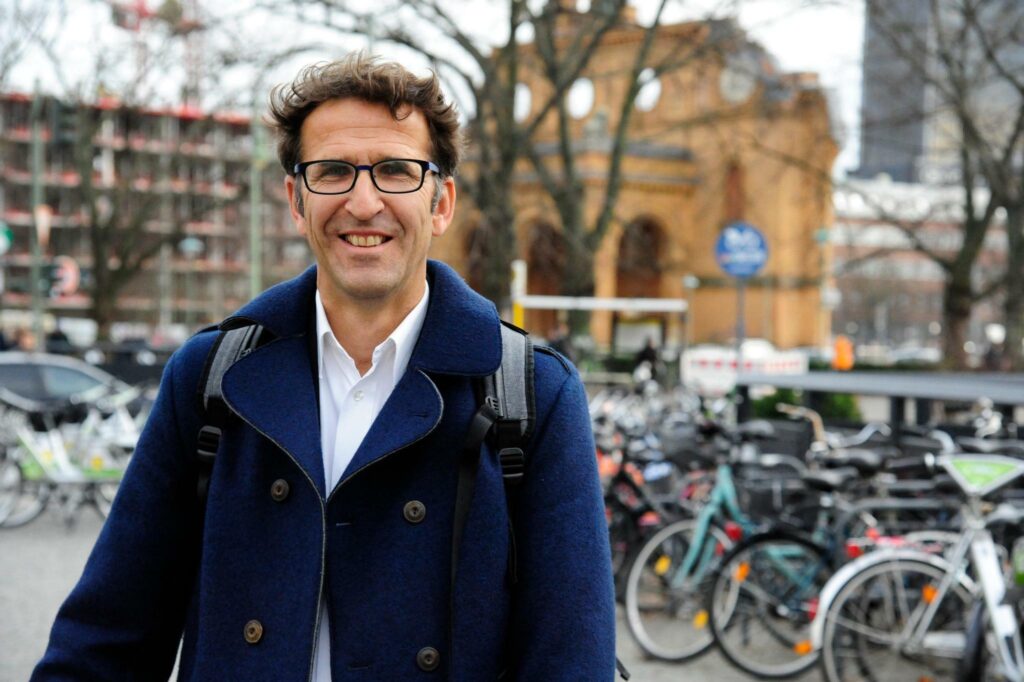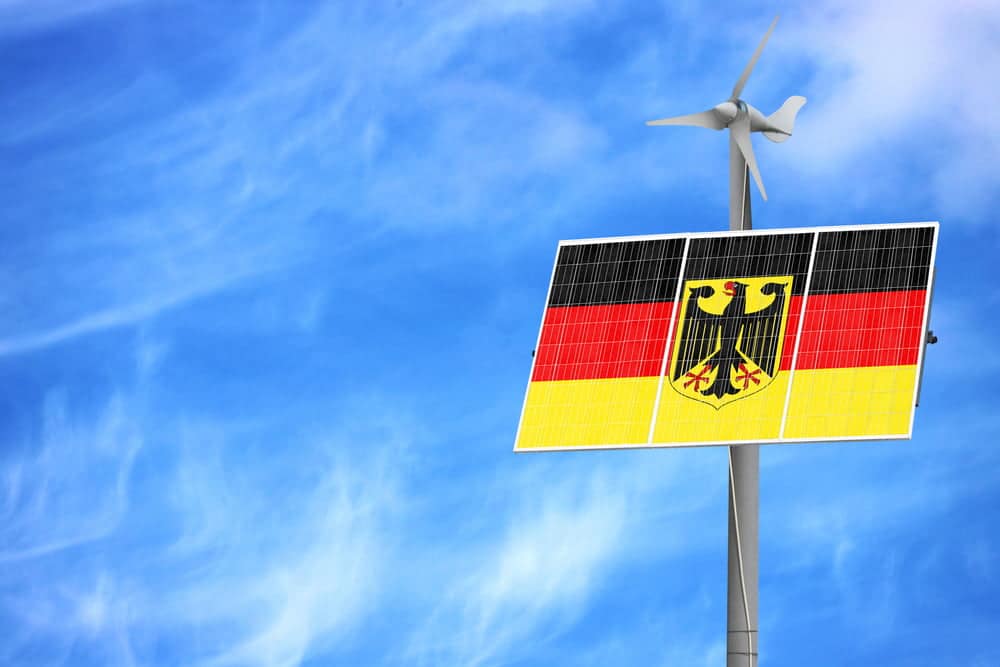The conservative parliamentary climate group KlimaUnion, made up of members of the ruling CDU/CSU alliance party, has published a very interesting document.
In the file, members argue that Germany can become the world's first industrialized country powered by 100% green and renewable energy as early as 2030. At the same time, and here lies the gist of the matter, it could reduce citizens' expenses. And in many fields: transport, heating and energy use.

The group was founded in April with the aim of pushing the conservative bloc to adopt a climate policy in line with the Paris Agreement's 1,5°C target.
The document on German renewables: a few figures.
In the document, KlimaUnion argues that Germany could save up to 63 billion euros per year. A huge figure in the lack of energy imports: assuming it manages to achieve a complete transition to green energy.
A step which in turn would become a massive impetus for growth.
Green energies: political flag and electoral ram.
The member of the group Wiebke Winter said the position paper should be seen as an “argumentative aid” for the election manifesto of the conservative CDU/CSU alliance.
A manifesto that offers "concrete proposals" to start making Germany climate neutral with green energy already during the next legislature (and until 2025).
“These are the years that matter,” Winter reiterated.
The co-founder of KlimaUnion Heinrich Strößenreuther, instead, said the goal is to attract investors. As? With deregulation to exponentially accelerate the national energy transition, and contribute to the global one.

Investors hungry for green energy will always be faster than the state, bans, decrees or complicated international CO2 pricing regimes. This would make the goal of limiting global warming to 1,5 degrees Celsius at no cost to the taxpayer.
Heinrich Strößenreuther, Climate Union
Climate change, the race for survival
Driven by unusually hot and dry weather conditions and a large-scale protest led by the Fridays for Future movement, climate change has become a major concern of German voters as well.
The Green Party, perceived by many voters as the party that treats environmental challenges most rigorously, is strong in the polls ahead of September's federal election. This is also why the CDU/CSU alliance fears being overtaken as the most popular force in the country.


